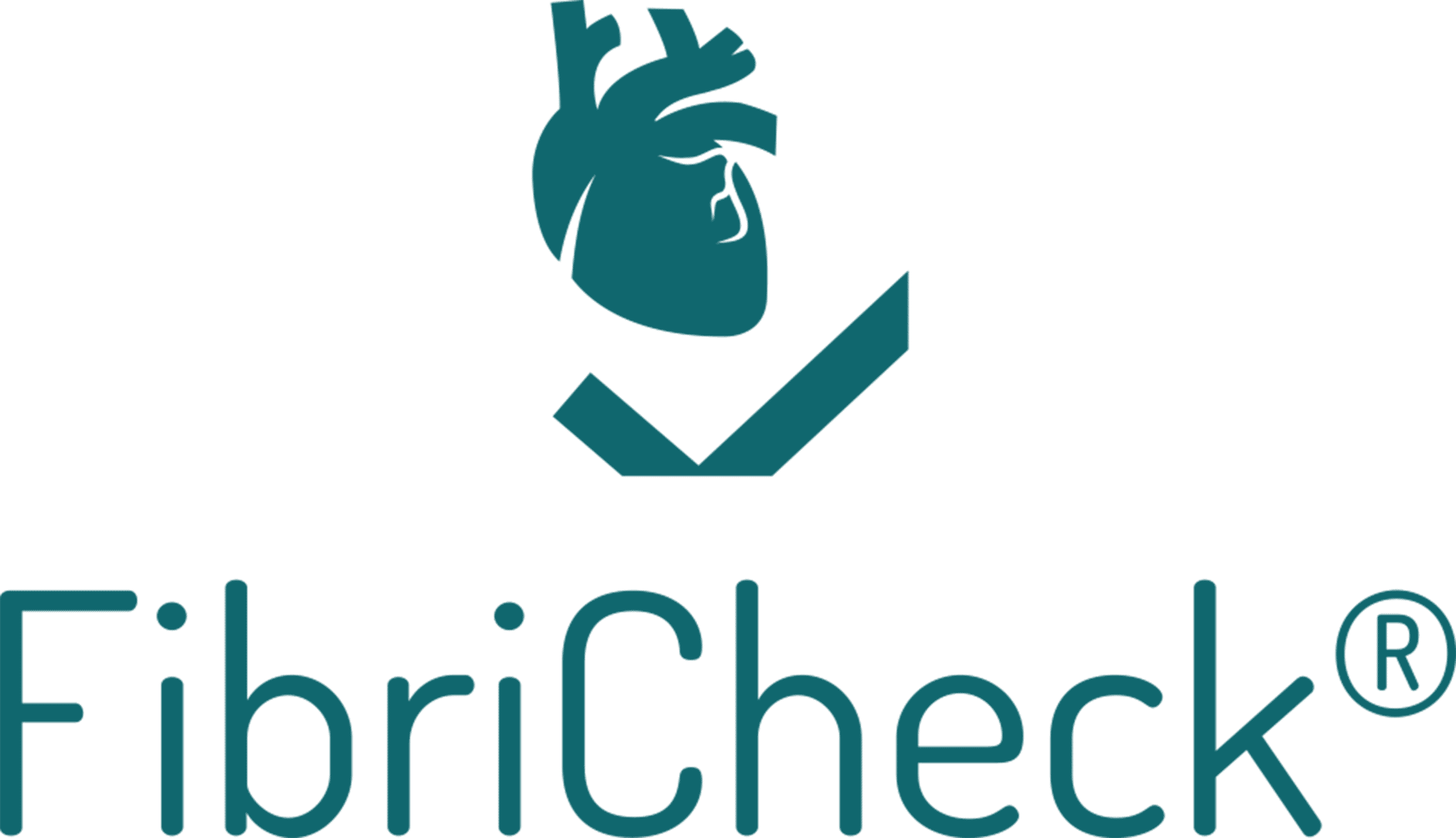Your heart rhythm is an important parameter for your heart health. The rhythm of your heart differs from your heart rate. Your heart rate is the number of heartbeats per minute, whereas your heart rhythm tells you something more about how regular these heart beats are. The rhythm of your heart should be regular. If this isn’t the case, then you might be suffering from a heart rhythm disorder, also called an arrhythmia. Arrhythmias can have a big impact on your life, as they can lead to debilitating conditions such as stroke and heart failure. In this article, we’ll explain more about the importance of your heart rhythm, how to measure it, and how to avoid the consequences of arrhythmias.
Heart rhythm conditions are more common than you’d think
There are various types of heart rhythm disorders, which can have different outlooks as well. Worldwide, the most commonly sustained heart rhythm disorder is atrial fibrillation. This is a condition in which the heart rhythm suddenly becomes irregular due to an issue with the electrical system of the heart.
The risk of having atrial fibrillation at some point in your life is quite high, as international guidelines indicate that 1 in 4 individuals above the age of 40 are at risk of developing atrial fibrillation. This risk only increases with age. Atrial fibrillation has a big impact on many lives, and is getting more and more common, as it is estimated to affect 17.9 million people in Europe by 2060, and 15.9 million people in the US by 2050.
The consequences of arrhythmias
Arrhythmias can have various consequences which can have a grave impact on your life. Most importantly, atrial fibrillation can increase your risk of suffering a stroke by five times. Additionally, heart rhythm disorders can also lead to heart failure. These are both conditions that could put your life at risk. Atrial fibrillation has also been linked to many other conditions, including COPD and high blood pressure.
How can arrhythmias be detected?
Heart rhythm disorders can be detected in various ways, for example by using FibriCheck’s photophletysmography (PPG) technology on your smartphone, or by having an electrocardiography (ECG) done by your healthcare provider or your cardiologist. As arrhythmias don’t always cause symptoms, it’s important to regularly check up on your heart rhythm.
Heart rhythm disorders are not always continuously present, which makes it harder to detect them on an ECG, as your heart rhythm may be regular at the moment of your check-up, even though you have a heart rhythm disorder. This stresses the importance of taking measurements regularly, especially if you’re experiencing symptoms or if you’re suffering from any of the conditions which can contribute to the development of heart rhythm disorders, such as high blood pressure and COPD. FibriCheck can provide support here, by offering quick and easy heart rhythm measurements whenever and wherever you want.
Measuring your heart rhythm anywhere and anytime with FibriCheck
FibriCheck enables you to keep track of your heart health by allowing you to follow up on various parameters, including your heart rhythm. By checking your heart rhythm regularly, heart rhythm disorders can be detected early on. This can help you feel reassured and enables you to get to the correct treatment early on if necessary, which can improve the outcome of your condition. Our technology can also be used to check up on symptoms such as palpitations and to see whether or not an underlying heart rhythm disorder is causing them.
If our algorithm detects any irregularities in your heart rhythm, then you can easily share the results of your measurements with your doctor for further follow-up. This way, your doctor can guide you to the next steps more efficiently. It’s important to keep track of your heart rhythm, as arrhythmias can appear at any given time, sometimes even without any symptoms.
FibriCheck: monitor your heart rhythm through your fingertip
References
https://www.bmj.com/content/385/bmj-2023-077209
Created on July 2nd, 2019 at 08:31 am
Last updated on May 31st, 2024 at 01:15 pm





